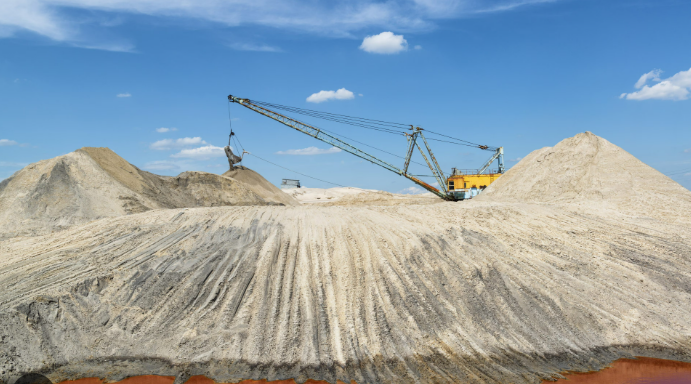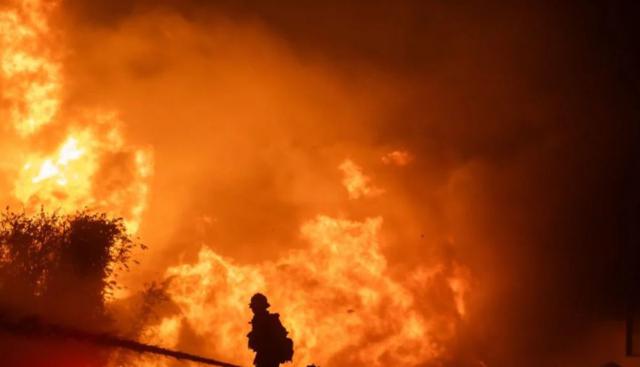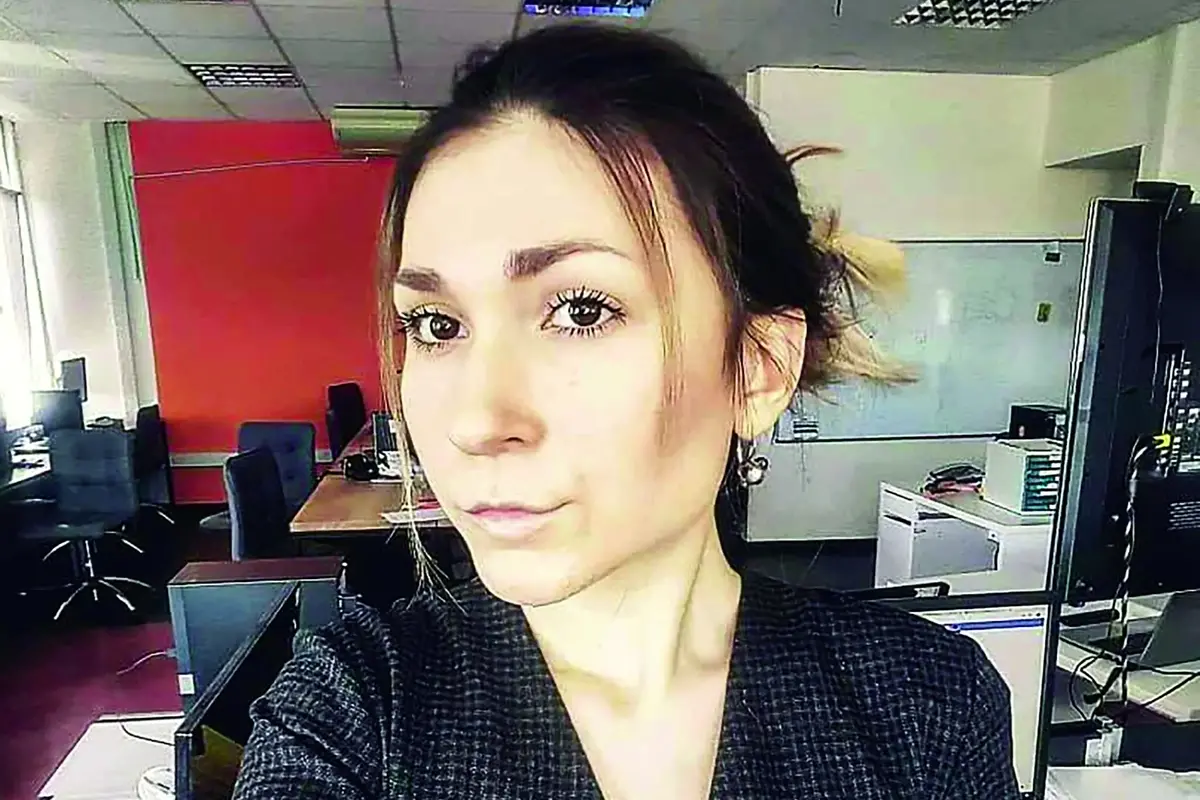KATOWICE, Poland (Reuters) – Talks billed as the most important U.N. conference since the landmark Paris 2015 deal on climate change have begun in the Polish city of Katowice, the capital of the Silesian mining district.
Participants take part in the plenary session during COP24 U.N. Climate Change Conference 2018 in Katowice, Poland December 4, 2018. REUTERS/Kacper Pempel
Over the next two weeks, the aim is to make an end-of-year deadline for agreeing a rule book on how to enforce global action to limit further warming of the planet.
Subscribers to Eikon can also find a Take-A-Look compendium of Reuters coverage here:
Below is a flavor of the mood around the event, being held in a sprawl of temporary passageways and meeting rooms next to the “Spodek”, a flying-saucer-shaped sports and concert venue.
Wednesday
1300 GMT – The Polish official leading U.N. talks to revive the Paris climate deal insists his country is committed to greener fuel – even though his own president has vowed not to let anyone “murder coal mining”. Poland’s Deputy Environment Minister Michal Kurtyka told Reuters Warsaw was not building any more new coal structures and was looking at new capacities in renewables. reut.rs/2BSPchp
1245 GMT – Rising anxieties about the impact of mining on global warming is just one factor hitting prospects for the sector. Read the Reuters story here. reut.rs/2E3vYao
0800 GMT – Day two of technical talks to deal with the thorniest issues and prepare the ground for the ministerial debate in week two. Drafts starting to circulate suggest sharing the cost of change among richer and poorer issues is among the most contentious issues.
Meanwhile, evidence is mounting of the scale of the problem with the publication of reports showing the growing gap between the need to cut emissions and the work done so far.
LESSONS FROM A MASTER
The Polish head of the talks Michal Kurtyka says he received expert lessons from Laurent Fabius of France, who was dubbed Laurent Fabulous for his success in sealing the Paris accord of 2015.
“I asked all kinds of questions and he was very polite and competent in answering all of them. We spoke for two, two and a half hours,” Kurtyka told Reuters.
“And then he stood up and took me by the arm and said: ‘I want to tell you that everything I told you will have no value because it will be completely different’.”
Tuesday
COAL MADNESS
Concerns mount that any outcome from the two weeks of talks will lack ambition because of repeated Polish statements that it plans to build more coalmines.
Greta Thunberg, a 15-year-old who has been refusing to go to school in Sweden in protest at the world’s climate inaction, says Poland and the rest of the world cannot continue digging for coal.
“We cannot go down this road of madness any more,” she told Reuters. “It’s just not an option.”
BRAZIL WARNS OF ‘TRAGIC CONSEQUENCES’
Finance to help poor countries adapt is always a heated debate at U.N. talks.
Brazil’s chief negotiator, J. Antonio Marcondes, issued a statement calling on developed nations to deliver on an existing pledge to provide $100 billion a year from 2020 to help poorer countries deal with climate change.
“If developed economies put off their climate payments any longer, the Paris agreement temperature goals will slip out of reach, with tragic consequences for people and planet,” he said.
ELECTRIC VEHICLES
While negotiators haggle over finance, Poland and Britain joined forces to press for electric vehicles, a cause close to the heart of the Polish official presiding over the talks Michal Kurtyka – he helped to draw up a government plan to have 1 million electric cars on the roads by 2025.
Polish Prime Minister Mateusz Morawiecki said “e-mobility” would help “climate quality and air quality”.
Critics say that in Poland electric vehicles will largely run on coal-fired power generation and Polish people often still rely on highly polluting old cars imported mainly from Germany.
SAINT BARBARA, PATRON SAINT OF MINERS
Tuesday marks the first official day of negotiation following the ceremonial gathering of heads of state and government on Monday and the handover of the presidency from Fiji, one of the island states at the sharp end of climate change, to Poland, a land of coal.
Coincidentally, it is also the day of Saint Barbara, patron saint of miners. A brass band struck up at 6 am local time and marched through the streets. Once they’d woken up the whole town, they joined miners in a central square, wearing gala uniforms and feathered hats rather than their mining helmets.
Monday
THE PAIN OF TRANSITION
Poland’s Michal Kurtyka, who is presiding over the Katowice talks, tells the conference in his opening address Katowice is the logical setting to agree the rules for a transition away from fossil fuel.
Katowice, the capital of the Silesian mining region, has had “to move on many times before,” he said, apparently alluding to its dark and difficult history.
Coal and steel are still central to its economy, but it has also developed tourism and buildings where exhausted miners formerly slept off their shifts are now elegant restaurants and up-market flats.
Within the Polish government, Kurtyka earlier this year moved on from being deputy energy minister to deputy environment minister, in time to bang his gavel at the climate talks.
ARNIE IS BACK AND ON A MISSION
Actor, body-builder and former governor of California, Arnold Schwarzenegger, told reporters he wished he could have used his fictional film role as The Terminator to end fossil fuels.
“I’d like to be a terminator in real life, and be able to travel back in time and to stop all fossil fuels when they were discovered. Just imagine! The biggest evil is fossil fuels,” Schwarzenegger said.
“STRATEGIC” FUEL
In a separate press conference, Polish President Andrzej Duda was meanwhile telling visiting reporters and environmental campaigners Polish coal reserves would last for another 200 years.
He said it was Poland’s strategic fuel, guaranteeing energy security and sovereignty and “it would be hard not to use it”.
The reality even for Poland, though, is coal does not provide all its needs and its imports from Russia, on whom it already depends for oil and gas, have been rising.
LOCALS SCEPTICAL
On the streets outside, local citizens are long-suffering and often cynical.
Zofia Olszanska, 66, retired, wife of a former coal miner, said the climate talks had kept her awake at night because the endless police sirens accompanying the visiting dignatories ruined her sleep.
She was not hopeful the outcome would change her life for the better.
“Everybody here uses coal or rubbish to heat their homes. In the evening, I can’t open the windows because of the smell. How can they talk about ecology here? There is no ecology here or in Poland,” she told Reuters.
Reporting by Barbara Lewis






Leave a Reply